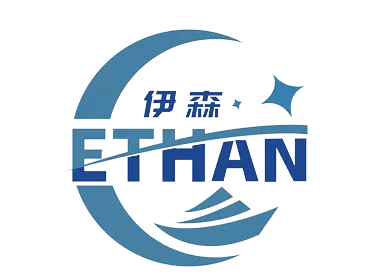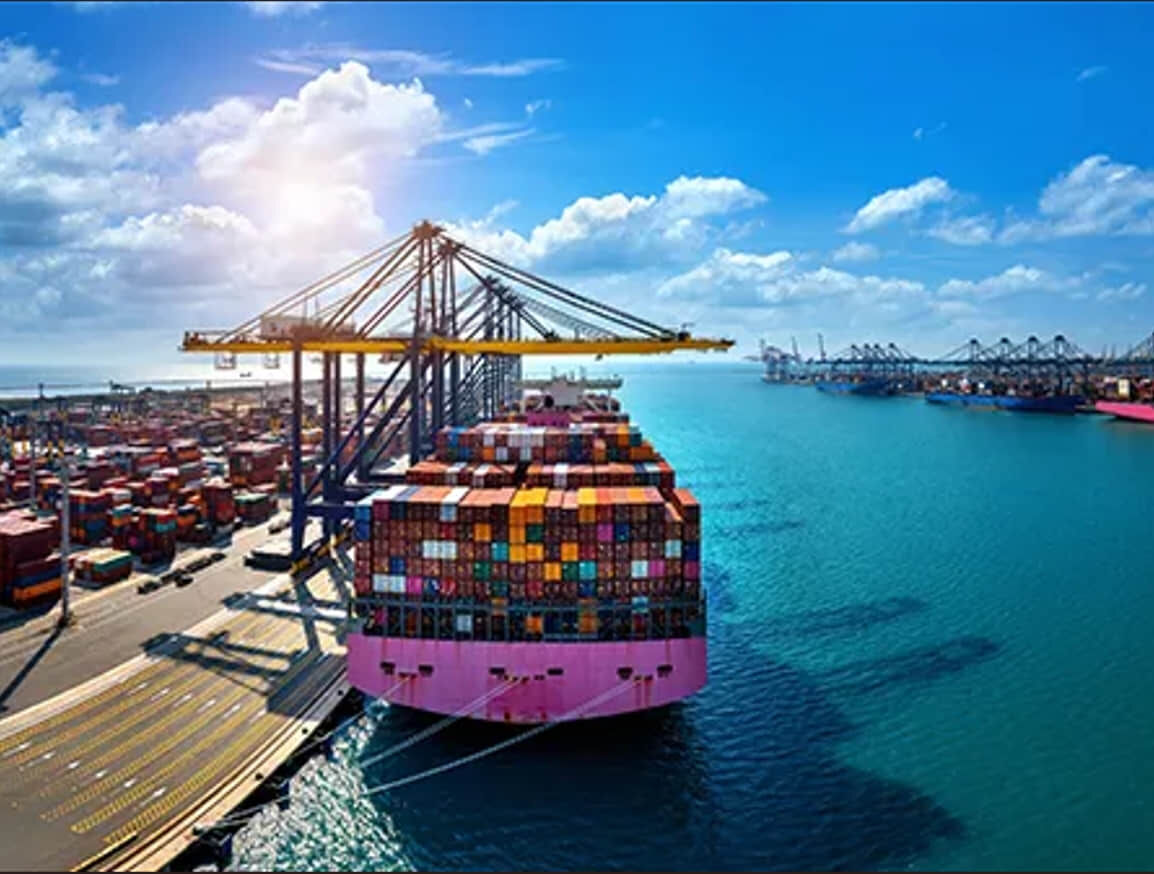Understanding Duty and Tax Savings in International Trade
Why Reducing Duty Costs Matters for Businesses
Cutting down on duty costs matters a lot for businesses because these fees eat right into profits. When companies manage to lower what they pay in duties, they often end up saving around 20 percent on imports each year. That kind of money saved translates to better bottom lines and opens doors for reinvesting those savings back into growing the business. Take clothing retailers who bring in products from overseas for example. These stores frequently find themselves able to boost their profit margins simply by finding ways to reduce those import duty payments.
Cutting down on import duties and taxes gives companies an edge when it comes to setting product prices. When these fees go down, so do operating costs, which means businesses can slash what they charge customers while still making decent profits. This matters a lot in industries where price tags really influence buying decisions, helping brands grab bigger chunks of the market and keep regular buyers coming back. For many global traders, finding ways to reduce those duty payments isn't just smart money management; it's often the difference between staying ahead of rivals and getting left behind in today's tough international marketplace.
Key Factors Impacting Duty and Tax Expenses
International trade costs related to duties and taxes depend on multiple key considerations. Product categorization matters a lot since various items face different tariff levels depending on where they fall within the Harmonized System framework. Getting this right means companies might qualify for better duty rates that save them money. Where goods come from also affects what gets charged at customs, especially when there are special deals between nations. Take free trade pacts for instance these often slash or even wipe out tariffs entirely for particular types of merchandise moving across borders.
Currency fluctuations play a big role in figuring out duties and taxes too. When exchange rates go up or down, converting prices between countries changes what companies actually pay at customs. For instance, if the dollar weakens against the euro, goods coming into the US might suddenly cost more in tariffs than expected. That's why smart businesses keep an eye on foreign exchange movements all the time. They track daily rate changes so they can budget properly for those unpredictable import expenses that come with international trade.
Researching Tariffs and Tax Regulations
How to Identify Applicable Duty Rates
Getting the right duty rates sorted out matters a lot for companies doing business across borders if they want to keep costs down. When trying to figure out what those rates actually are, businesses need to dig into several places like official government portals or industry group databases that tend to have fresh data on tariffs. The Harmonized Tariff Schedule, or HTS as it's commonly called, stands out as one key resource here. Most countries use this system to categorize goods moving through their ports, so knowing where your product fits in the HTS hierarchy makes all the difference when calculating import fees. Proper classification isn't just paperwork either it directly affects legal compliance too. A single mistake in how something gets categorized could lead to huge surprise charges at customs or even shipment delays, neither of which helps maintain price competitiveness in global markets.
Avoiding Common Tax Classification Errors
Getting tax classifications wrong can cause major problems for companies, resulting in paying the wrong duties and facing possible fines down the road. Businesses often mess up by putting products into the wrong category because of confusing rules or simply forgetting to adjust classifications when product specs change over time. Such mistakes not only boost what they owe in duties but can also lead to serious financial penalties from regulators. Companies wanting to stay out of trouble need solid systems in place for proper product categorization. Regular checks inside the company help catch issues early before they become big headaches. Working with someone who knows customs regulations well is another smart move. Customs brokers and consultants don't just know the books - they understand how different countries apply their rules in practice, making sure everything stays within legal boundaries set by international trade agreements.
Leveraging Free Trade Agreements (FTAs)
Benefits of FTAs for Cross-Border Savings
Businesses involved in global commerce find Free Trade Agreements (FTAs) pretty beneficial overall. What really stands out is how they cut down on tariffs and open up new markets, making companies more competitive against rivals. These deals basically smooth out the rough edges of international trade by breaking down obstacles and letting businesses avoid paying extra duties on stuff they bring in from abroad. We're talking real money savings here too. Some companies have actually saved millions on import duties thanks to FTAs, which means they can spend those funds elsewhere to grow their operations. What sets FTAs apart from regular trade pacts is that they usually cover much more ground than just lowering tariffs. They often tackle broader issues affecting economies and policies across borders. A report from the International Trade Centre showed something interesting too. Companies that make good use of FTAs tend to boost their exports quite substantially, proving once again why these agreements matter so much for businesses looking to expand internationally.
Qualifying for Most-Favored-Nation (MFN) Status
The Most-Favored-Nation (MFN) status plays a key role when it comes to cutting down on duties. Basically, what happens here is that if Country A gives special trade deals to Country B, then they need to offer those same good terms to all other countries too. This usually means everyone pays less at customs because of how things are arranged. Getting MFN status requires following certain rules laid out by international trade pacts. These can be pretty complicated stuff with lots of back and forth between governments before anything gets signed off. Take the WTO for instance. They insist that no country should get better treatment than another, which is why sticking to their non-discrimination policy matters so much for obtaining MFN benefits. Big players such as China and the US have been using this system for years now to slash import costs, opening up new markets around the world without having to pay extra taxes. And beyond just helping specific countries save money, this approach actually helps create smoother trading relations across borders too.
Optimizing Product Classification with HS Codes
The Role of Harmonized System Codes in Duty Reduction
The Harmonized System or HS codes play a big role in figuring out what duties get charged on stuff moving between countries. They basically create a standard way to sort products into categories. When companies get their product classifications right through these codes, they often end up paying much less in import duties, which adds up to real money saved over time. Take smartphones for instance. If one gets put into the right HS code slot instead of some broad category, the tariff might drop by several percentage points. That makes all the difference when shipping containers full of devices across borders. Businesses should check their HS code assignments regularly though. Getting this wrong means paying extra cash that could have been avoided. We've seen plenty of cases where simple mistakes cost companies thousands unexpectedly.
Avoiding Penalties Through Accurate Classification
When companies get their product classifications wrong, they face serious consequences including hefty fines, extra tariffs, and shipment delays that can really mess up business operations. To steer clear of these problems, it's essential for businesses to follow international classification rules through some basic but effective measures. First off, running periodic checks on how products are categorized helps catch mistakes early. Second, keeping track of updates to HS code systems is critical since these codes change over time. And third, investing in ongoing education for staff members who handle classification tasks makes all the difference. Well-trained personnel understand why getting classifications right matters so much, which means fewer expensive blunders down the road and better adherence to regulatory requirements across different markets where they operate.
Exploring Duty Relief Programs and Strategies
Using Bonded Warehouses for Tax Deferral
Businesses can save money on taxes by using bonded warehouses to store imported goods without paying duty fees right away. Customs regulates these special storage areas, so companies only need to settle those duty payments when products actually hit the local market shelves. This setup works great for businesses whose sales go up and down throughout the year, especially those handling items that face steep import tariffs. Take an electronics importer facing unpredictable holiday season demand spikes, for instance. With a bonded warehouse solution, they keep better control over their cash flow and match tax costs to real revenue from sold items rather than inventory sitting around. Plus, these warehouses let companies do things like repackage products or apply new labels without losing their tax deferral benefits. Big names in retail including IKEA have made smart use of this system to streamline operations and cut down on what they owe in taxes across their global supply networks.
Maximizing Duty Drawback Opportunities
When businesses import goods and later export them, they can actually get back some of those duties they originally paid. The system works pretty well because it cuts down on what companies ultimately pay in duties, which means better profits at the end of the day. Getting these refunds isn't just about filling out forms though. Companies need to follow all the rules carefully, meeting tight deadlines and gathering lots of paperwork like proof that things were both imported and then exported. Take a manufacturer who brings in raw materials from abroad but ends up shipping finished products overseas again. They could claim back part of what they paid initially. Look at car makers like Ford as real world examples. These big manufacturers have been using this system for years to cut their bottom line expenses significantly, giving them a real boost when competing against other global players in the marketplace.
Collaborating with Customs Brokers for Compliance
How Brokers Minimize Duty Overpayment Risks
When it comes to international trade, customs brokers are basically essential for helping businesses stay compliant while saving money on duties. These professionals know all the ins and outs of complicated customs rules, which means they can help cut down on accidental overpayments that many companies face. Working with a good broker gives businesses inside knowledge about changing regulations and opens doors to real savings on import costs. Take a look at what happens when companies go it alone sometimes - they often miss out on special duty relief programs or end up paying way too much because their goods got classified wrong at the border. Industry data shows that most cases where businesses end up paying extra duties happen simply because they didn't have someone knowledgeable guiding them through the process. That's why smart companies always bring in experts early on in their customs operations.
Audit-Proofing Your Import Documentation
Import documentation that stands up during audits helps companies stay out of trouble with fines and other penalties. Keeping good records and following customs rules form the backbone of any solid documentation strategy. The key is to maintain detailed paperwork that matches what regulators expect to see. Many companies find value in working alongside customs brokers who know the ins and outs of documentation requirements. These professionals help ensure everything gets filed correctly according to current standards. When businesses build relationships with experienced brokers, they often find their documentation workflows become smoother over time. This preparation gives them peace of mind when facing unexpected inspections, reducing potential problems while staying on the right side of compliance regulations.
FAQ
What are the benefits of reducing duty costs?
Reducing duty costs can significantly increase a company's profitability by reducing import costs and providing a competitive pricing advantage.
How can businesses identify applicable duty rates for their products?
Businesses can identify applicable duty rates by using resources such as government websites and the Harmonized Tariff Schedule (HTS) for accurate product classification.
What are Free Trade Agreements (FTAs) and how do they help in cost savings?
FTAs are agreements between countries that reduce tariffs and enhance market access, thus helping businesses save on import duty costs.
Why do companies need customs brokers?
Customs brokers help businesses navigate complex regulations, ensuring compliance and avoiding duty overpayment through their expertise.
How can HS codes aid in duty reduction?
Using accurate HS codes allows businesses to classify their products correctly, potentially lowering duties and ensuring compliance with international regulations.


